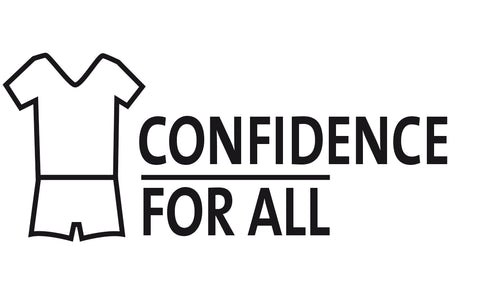What is Night Sweating?
Night sweats, also known as nocturnal hyperhidrosis, are a common problem in which people sweat excessively at night, even when the ambient temperature is cool. It can have several causes, including:
- Hormonal fluctuations: Night sweats can be caused by hormonal changes, such as those during menopause, which disrupt the hormone balance in the body.
- Medication use: Some medications, such as antidepressants and hormone therapy, can cause night sweats as a side effect.
- Infections: Certain infections, such as tuberculosis and HIV, can cause night sweats.
- Sleep Apnea: Sleep apnea can cause night sweats because it disrupts breathing during sleep and forces the body to work harder to breathe.
- Neurological disorders: Some neurological disorders, such as autonomic dysfunction, can cause night sweats
What Can You Do About Night Sweating?
If you suffer from night sweats, there are several steps you can take to reduce them:
- Keep the bedroom cool: Keep the temperature in the bedroom cool and comfortable, use light blankets and avoid excessive clothing or blankets.
- Avoid stimulants: Avoid stimulants such as caffeine and alcohol, especially before bedtime.
- Choose the right clothing: Wear breathable clothing made from natural fibers such as cotton to promote airflow and sweat evaporation. You can opt for anti-sweat underwear that collects sweat in a pad.
- Relaxation exercises: Relaxation exercises such as yoga and meditation can help reduce stress and anxiety, which can cause or worsen night sweats.
- Consult a doctor: If night sweats persist and seriously impact the quality of your sleep, consult a doctor. Depending on the cause, the doctor may prescribe medication, such as hormone therapy or antidepressants, or recommend other treatments.




